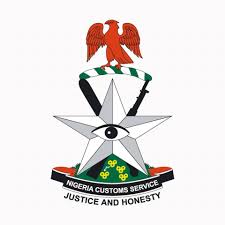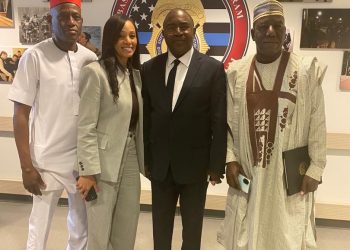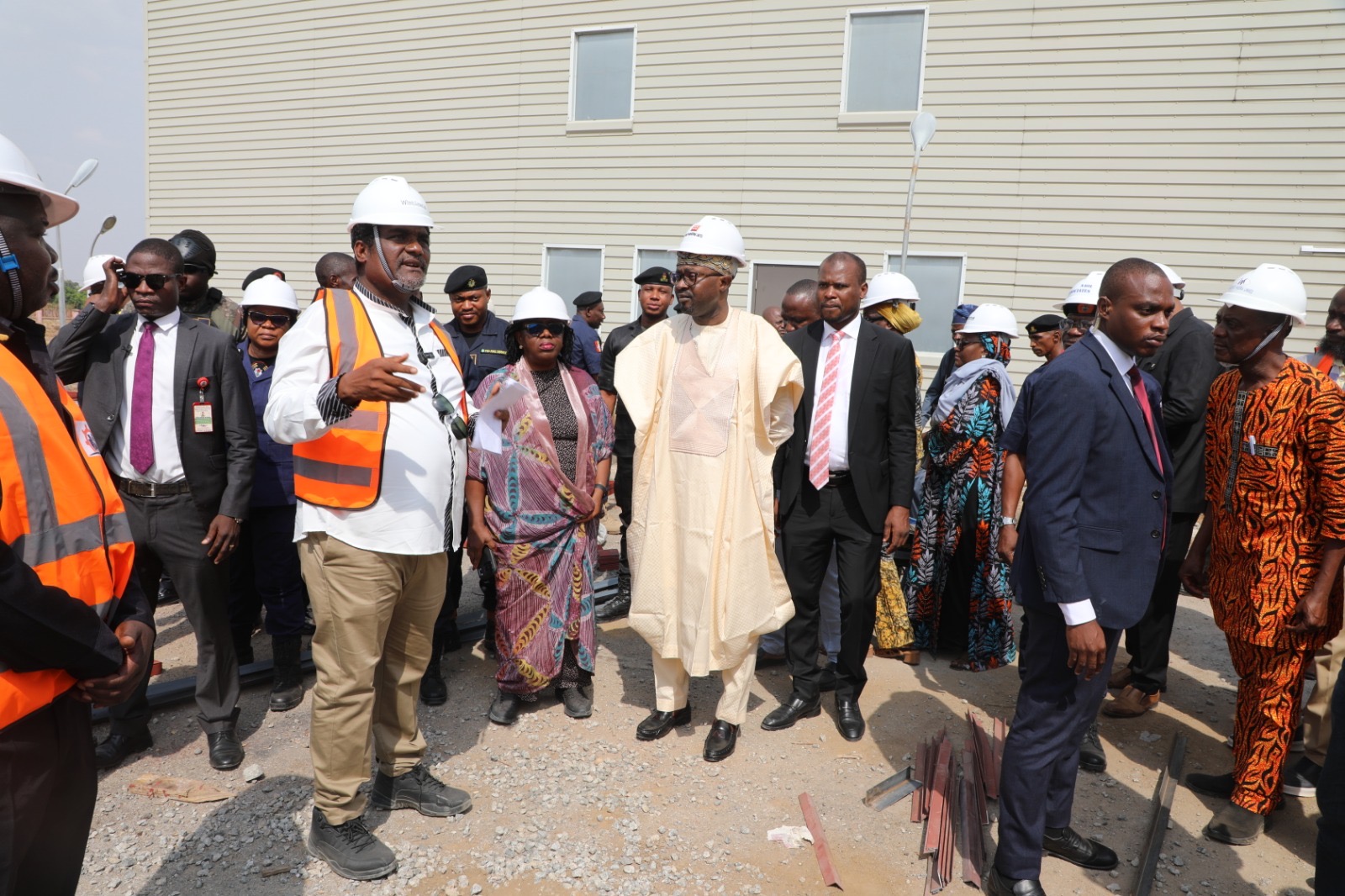By Nkechi Eze
The Nigeria Customs Service (NCS) has firmly debunked rumours suggesting that importers or their agents are required to make payments for the migration of their Form M from the Nigeria Integrated Customs Information System (NICIS II) platform to the newly introduced B’Odogwu Trade Management System. The Service described such claims as false, misleading, and entirely unfounded.
In an official statement signed by the National Public Relations Officer of the NCS, Assistant Comptroller Abdullahi Maiwada, the Service clarified that the ongoing migration of Form M is a purely technical and administrative process designed to support seamless trade documentation during the phased deployment of the B’Odogwu system across Customs Area Commands. According to him, the process is being executed by the Service without imposing any financial burden on traders.
“For clarity, the ongoing migration process is a technical and administrative task designed and implemented by the Nigeria Customs Service to ensure seamless continuity of trade documentation,” the statement explained. “At no point has the NCS introduced, approved, or authorised any fee for migrating Form M from NICIS II to B’Odogwu.”
The migration process is necessary for importers and agents whose Bills of Lading (BoL) or manifests have already been transmitted to the B’Odogwu platform, but whose original Form M registration was done on NICIS II. To facilitate this transition, the affected traders are simply required to submit a soft copy of their existing Form M to the Technical Supervisor (TS) at their respective Customs Command. This allows the Service to carry out the required backend migration—completely free of charge.
Upon successful migration of the Form M, users are expected to log into their dashboards on the B’Odogwu platform where the already migrated “registered” Form M will be available. Traders can then click on the Form M to view its full details and proceed with the creation of their Pre-Arrival Assessment Report (PAAR) by selecting the “Create PAAR” button that will appear on the interface.
The NCS has also issued a strong warning to stakeholders against falling victim to individuals or groups demanding payment under the guise of facilitating the Form M migration. The Service emphasized that such acts are illegal, fraudulent, and constitute a direct sabotage of the Customs’ commitment to transparency, accountability, and ease of doing business.
“We urge all stakeholders to disregard any person or group demanding payment under the guise of facilitating Form M migration,” the statement reiterated. “Such practices are not only illegal but also undermine the Service’s commitment to transparency and trade facilitation.”
Traders and agents who encounter such misconduct have been advised to report the perpetrators through official NCS communication channels. The Service assured the trading public that it is actively monitoring the situation and remains committed to upholding the integrity of its modernization efforts.
Under the leadership of the Comptroller-General of Customs, Bashir Adewale Adeniyi, MFR, and his management team, the NCS has embarked on a broad modernization drive aimed at delivering a user-friendly, efficient, and technology-driven customs administration. The introduction of the B’Odogwu Trade Management System is a strategic component of this vision, geared toward simplifying customs procedures, eliminating bureaucratic bottlenecks, and boosting investor confidence.
The Service also acknowledged the cooperation and understanding of the trading community as the transition to the new platform continues. It reiterated its dedication to supporting stakeholders at every stage of the process, ensuring that no trader is left behind.
“The Service remains committed to delivering a user-friendly, transparent, and efficient trade environment powered by technology and integrity,” the statement concluded. “We appreciate the cooperation of the trading public and assure all stakeholders of our continuous support throughout this transition.”
The Nigeria Customs Service has urged all importers, agents, and stakeholders to remain vigilant, adhere strictly to official guidelines, and take advantage of the Service’s technical support channels to navigate the migration process without complications.
















